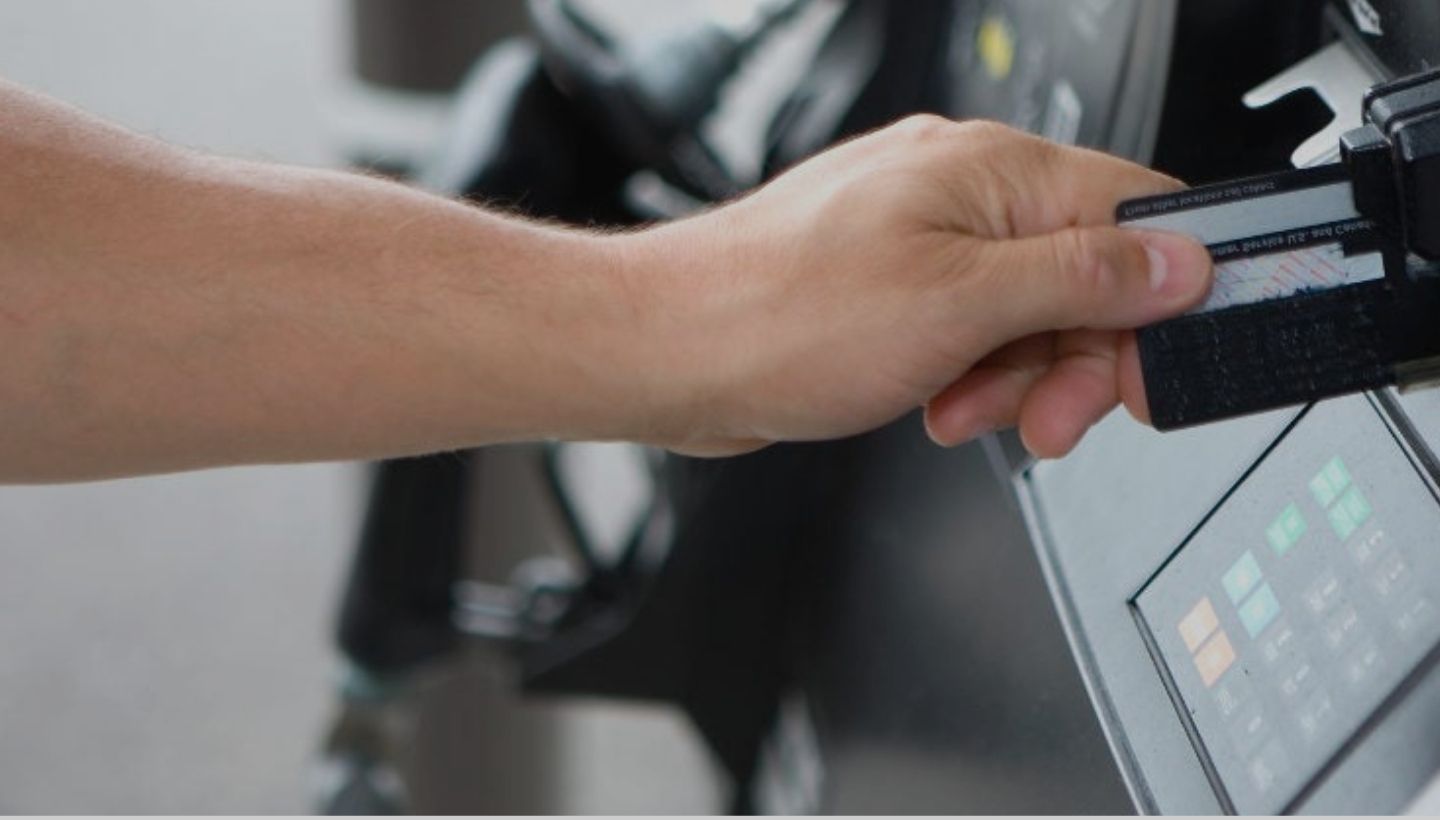Organizations operating within the logistics industry are constantly seeking ways to become more efficient and reduce friction during transactions. In pursuit of these goals, carriers across the nation have integrated fuel cards into their fleet management protocols.
While these versatile payment instruments were initially adopted as a way of making buying fuel more convenient, they are now integral to the logistics industry.
When deployed strategically, fuel cards offer a multitude of benefits to carriers, drivers, and other businesses involved in the supply chain. Below, we explore these benefits and outline why fuel cards are such a crucial component of the modern logistics industry.
Why Fuel Cards Are Appealing to Carriers
Prior to the widespread adoption of fuel cards, carriers had to utilize inefficient fuel purchasing strategies. Examples include providing drivers with cash and requiring them to provide transaction receipts or requesting employees purchase fuel out of pocket and reimbursing them after loads were delivered.
Fuel cards offer a far more effective way to purchase fuel. In addition, fuel cards are an appealing logistics payments solution for carriers because they allow them to:
Facilitate Cost Control
Fuel cards provide carriers with the ability to carefully control funds, document each driver’s expenses, and track fueling practices. Providers like WEX pair their payment instruments with fleet management apps that feature robust reporting tools. Cumulatively, apps and fuel cards promote better financial transparency.
Carriers can leverage this data to audit transaction records, file taxes, and perform other essential financial tasks.
Mitigate Driver Spending
By utilizing fuel cards, carriers can mitigate driver spending and ensure that they do not rely on company funds for personal uses. In addition, carriers can set spending limits to prevent drivers from purchasing an excessive amount of fuel during a single transaction.
This control allows carriers to manage their cumulative fuel expenditures more effectively.
Access Discounts
Frequently, major fuel card providers partner with fueling stations in order to grant members access to discounted prices. While minuscule per gallon fuel discounts may not seem like they offer many benefits, this perk can translate into significant cost savings for large carriers with huge fleets.
When exploring fuel card options, carriers should carefully review what perks are included with each payment instrument, so they can find the best solution for their business.
Guard Against Fraud
When issuing fuel cards, carriers will have to assign each driver a unique ID number or PIN. This number must be input each time the driver makes fuel card payments.
PINs allow carriers to attribute every fuel transaction to specific drivers, which further enhances tracking capabilities. These PIN-based payment systems also provide an added layer of protection against fraudulent transactions.
How Fuel Cards Make Drivers’ Lives Easier
By adopting fuel cards as their primary payment instrument, freight companies can make life a whole lot simpler for drivers as well. Specifically, providing drivers with fuel cards results in:
Reduced Liability
Throughout any given workday, a truck driver may be required to enter and exit their vehicle countless times. In addition, drivers who haul products such as refrigerated freight may be tasked with dollying dozens of boxes out of their trailer and into warehouses.
During all this hustle and bustle, it can be all too easy to misplace fueling receipts, cash, or other important items.
Fuel cards eliminate the need for drivers to keep up with fueling, repair, and towing receipts. They can also minimize the amount of cash that they keep on hand, which can reduce the risk of losing personal money or company funds.
Fewer Headaches
If drivers are not issued fuel cards, they may have to purchase fuel or other work-related resources out of pocket and then request reimbursement. While reputable carriers will promptly reimburse their employees, the entire process is tedious and frustrating.
Fuel cards alleviate this pain point by providing drivers with a safe and secure payment instrument. Drivers will no longer have to navigate the reimbursement process but can instead utilize their fuel cards to make approved business-related purchases.
Enhanced Convenience
Virtually every business has card readers, and those that serve carriers accept payment instruments issued by top providers like Comdata, WEX, and EFS.
As a result of the widespread adoption of fuel card processing technology throughout the logistics industry, these payment instruments have become a fast and convenient way to pay for fuel or other services.
Expediting the transaction process by issuing fuel cards, carriers can allow their drivers to get back on the road faster and help them hit delivery deadlines.
Who Else Benefits from Fuel Cards?
Warehouses, heavy-duty repair shops, and tow companies that haul commercial motor vehicles can all benefit from adopting fuel card processing technologies. These payment instruments have a significantly lower risk of chargebacks and allow clients to promptly pay for services.
Vendors that serve freight carriers should consider implementing fuel card processing solutions, as these technologies will help them provide a better customer experience.
The best fuel card payment processing software also includes built-in revenue-generating tools, such as custom invoicing functions. These features will allow vendors to eliminate transaction processing barriers while protecting their revenue stream.
Top Fuel Cards for Logistics Payments
While there are a plethora of options out there for carriers seeking to experience the benefits of fuel card payments, a few providers stand out from the rest. The top fuel card providers include:
- WEX
- EFS
- Comdata
The fuel cards listed above are an excellent place to start your search when exploring fuel management solutions. However, you should also investigate a few other options, such as those offered by Fuelman and BP.
Keep in mind that fuel cards can be used for many other types of logistics payments as well. For instance, these cards can be used to pay for tows, roadside repairs, and warehouse services.
In light of this fact, carriers, heavy-duty repair providers, tow companies, and other entities involved in the logistics industry should modernize their payment processing solutions.
By doing so, they can expand their ability to process payments, streamline the transaction process, and optimize operational efficiency, all while improving financial transparency.






